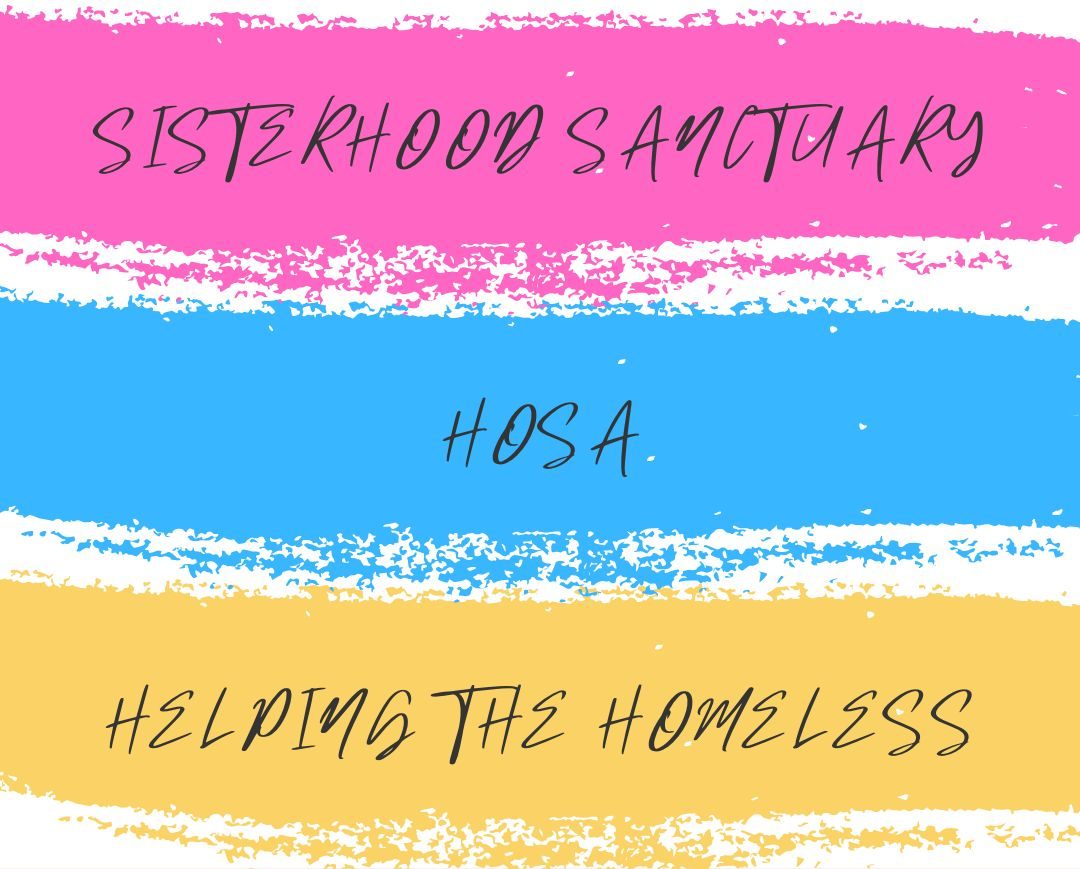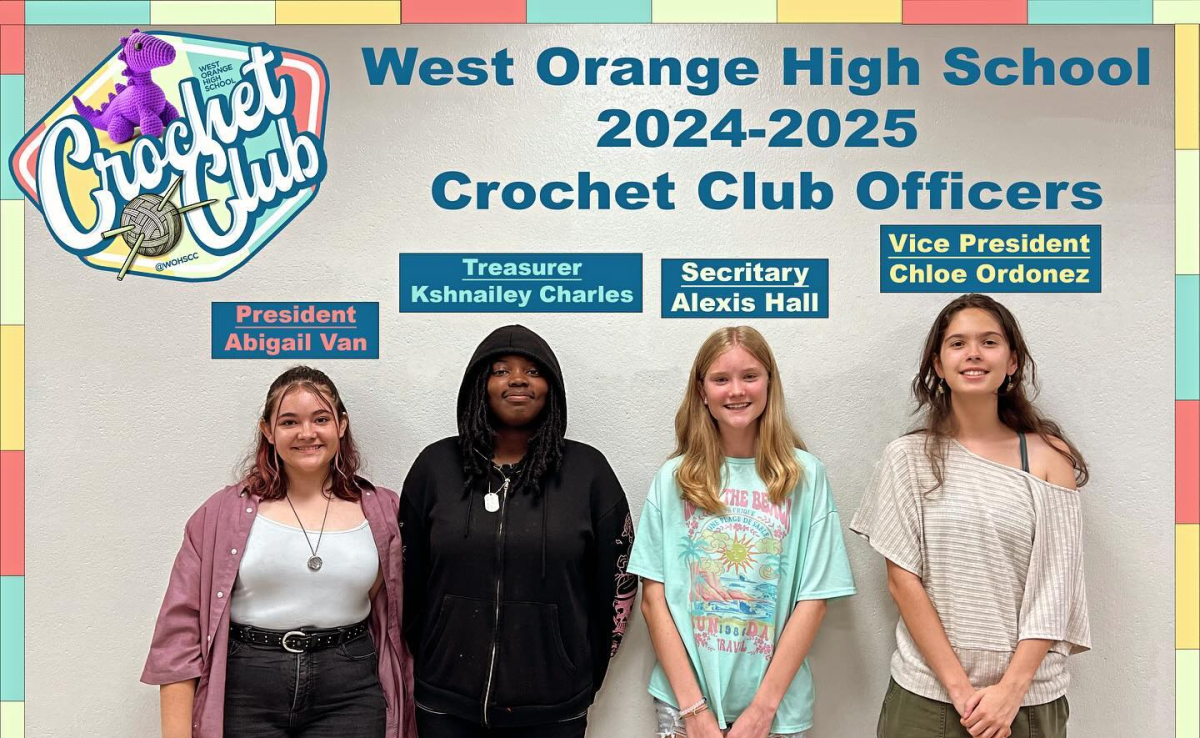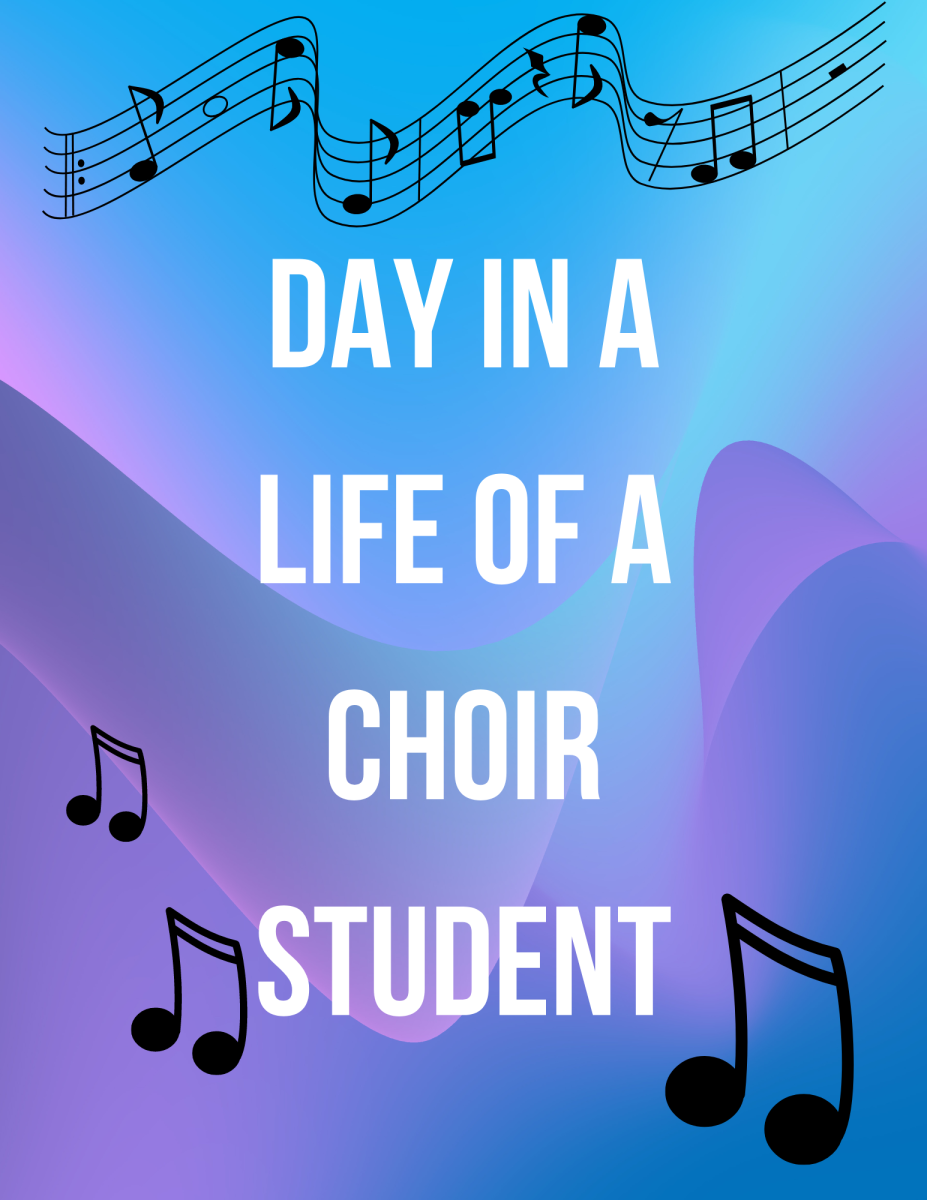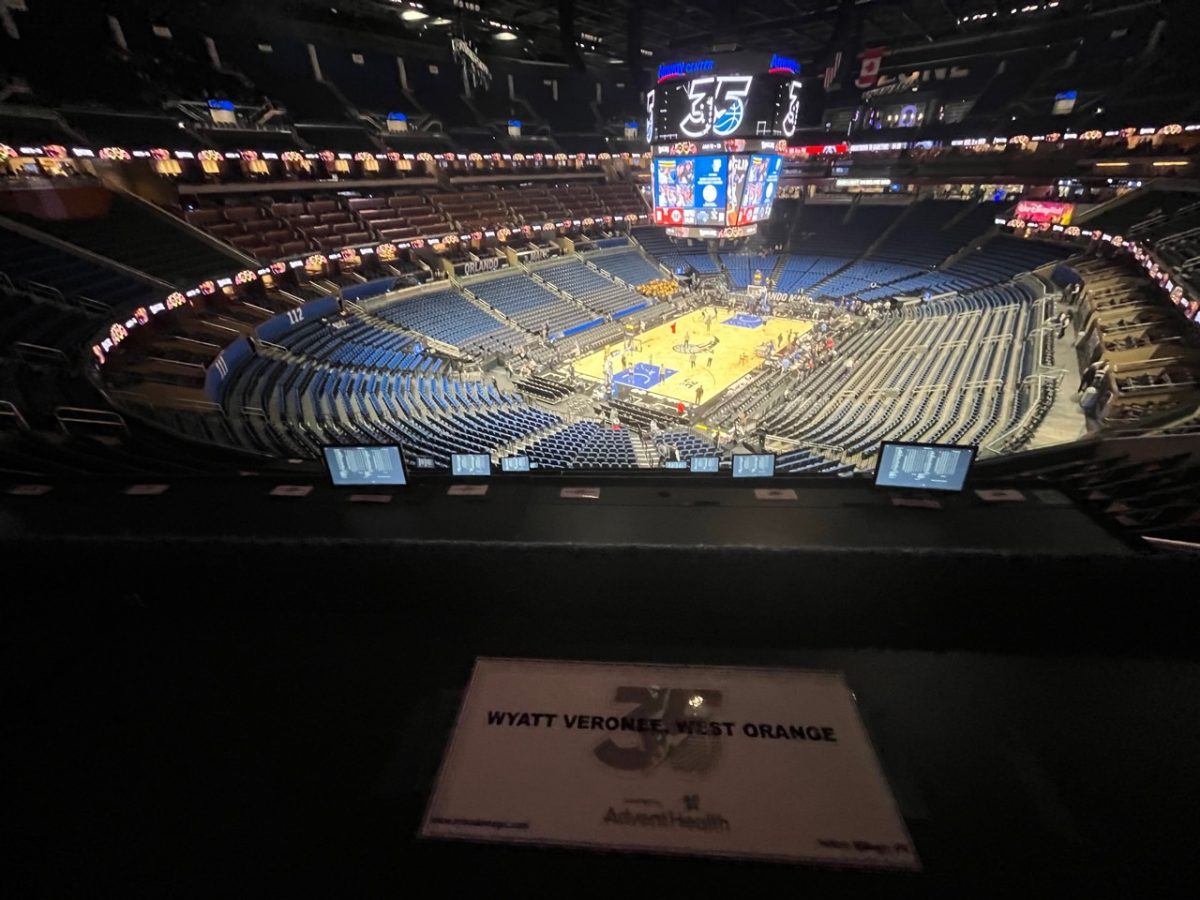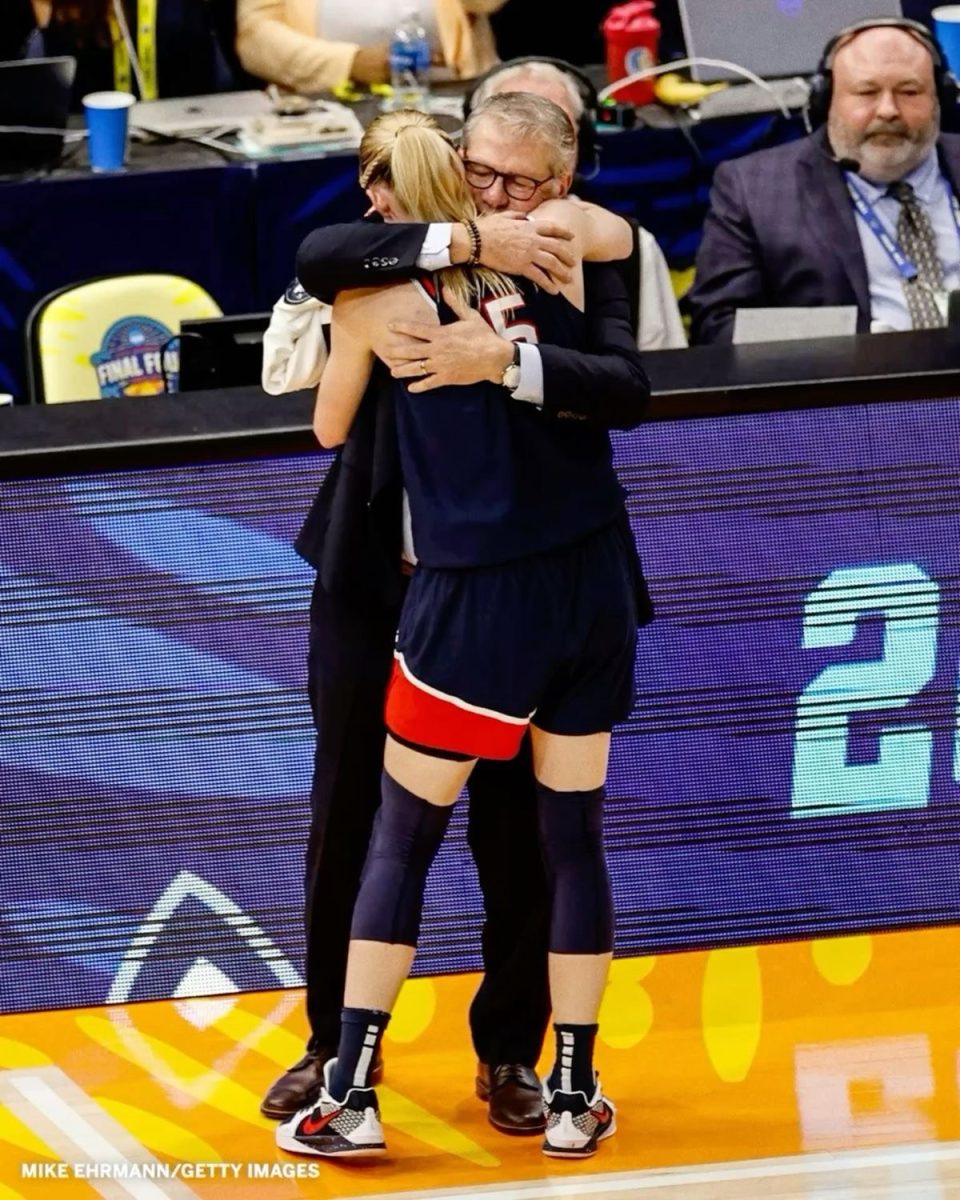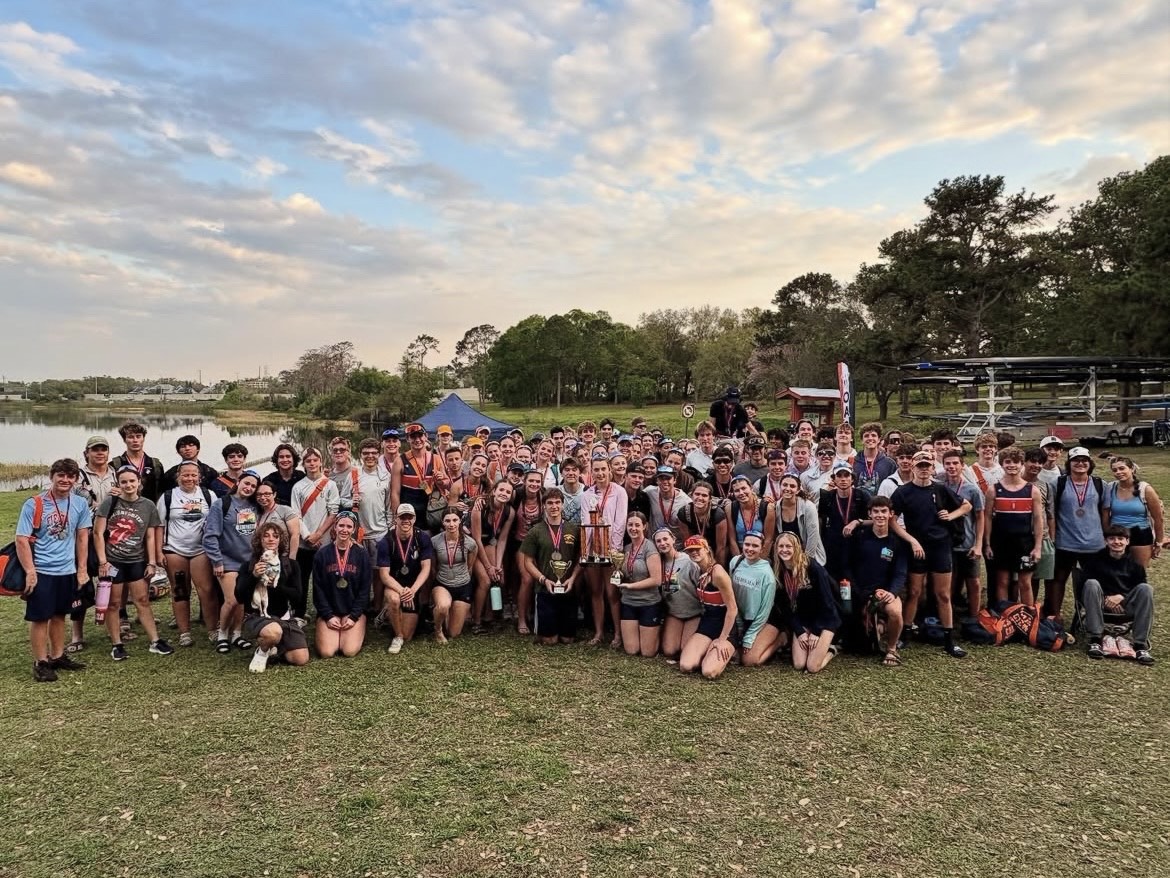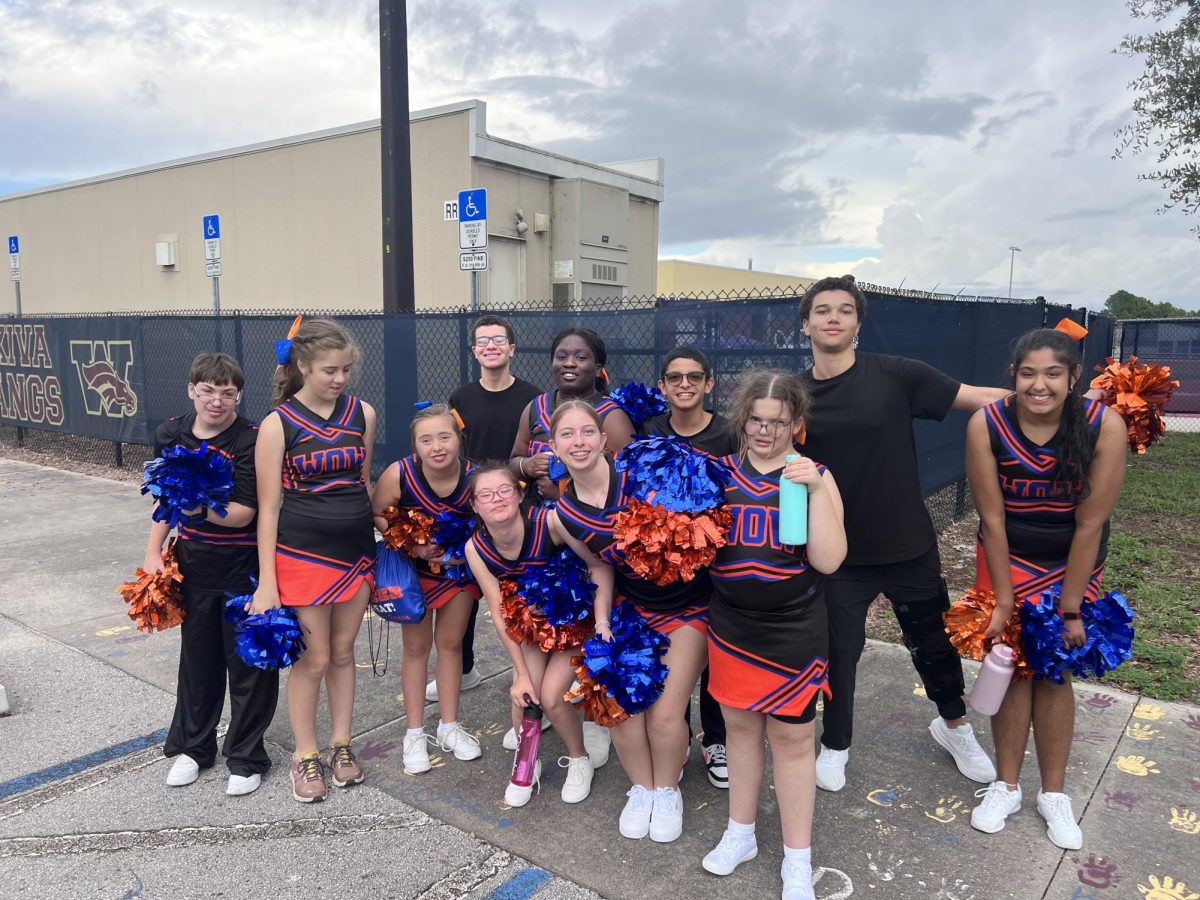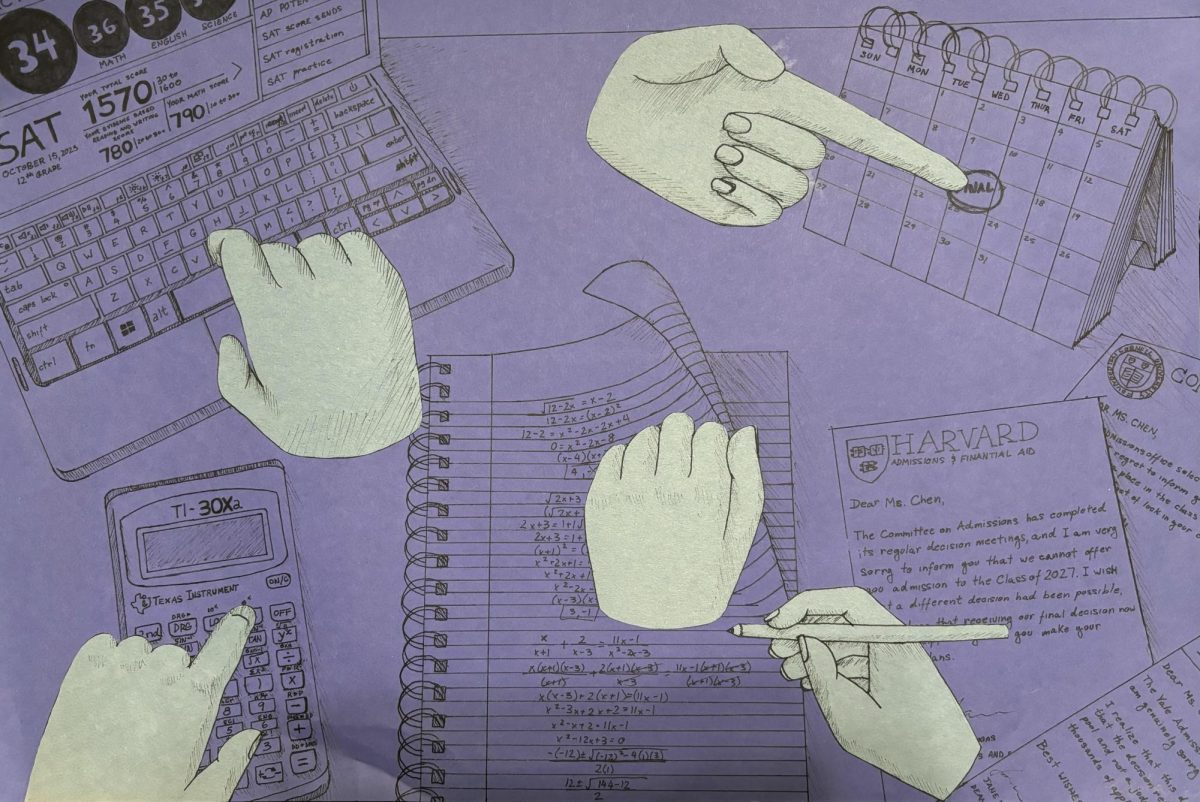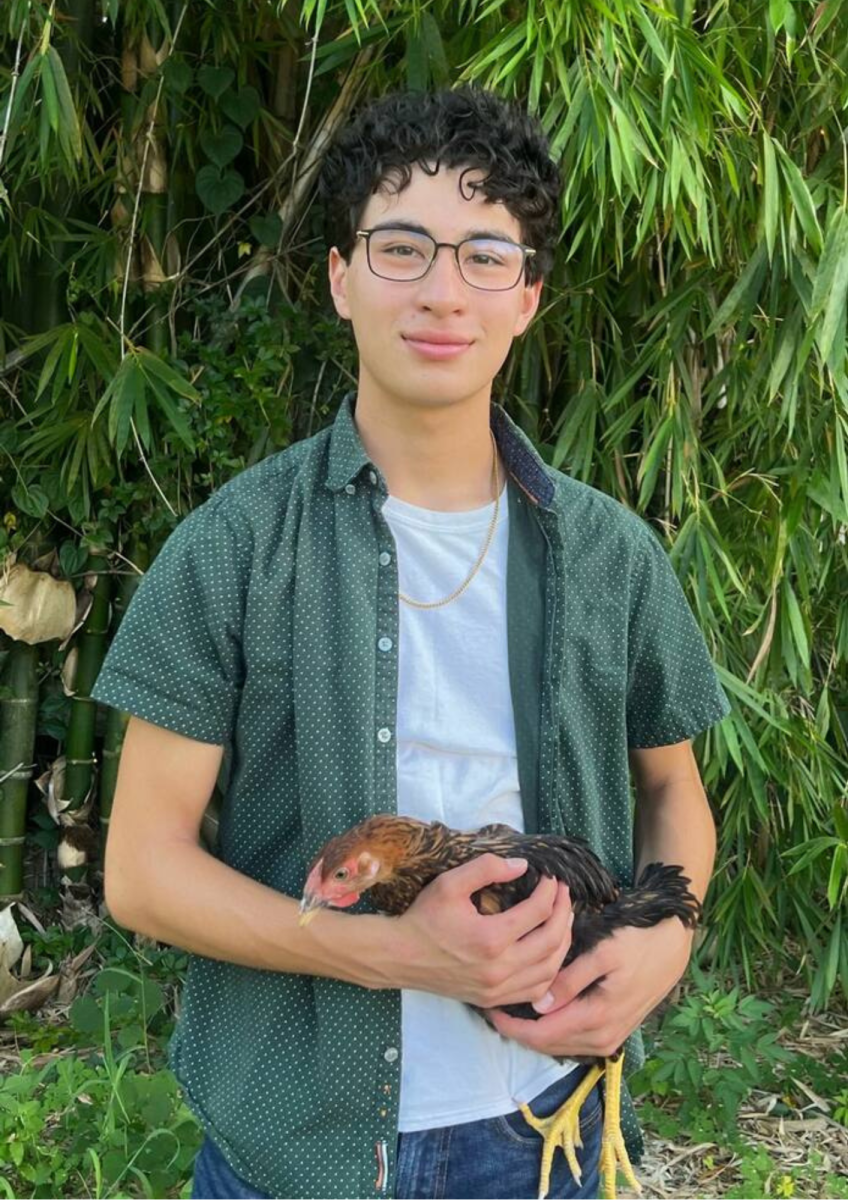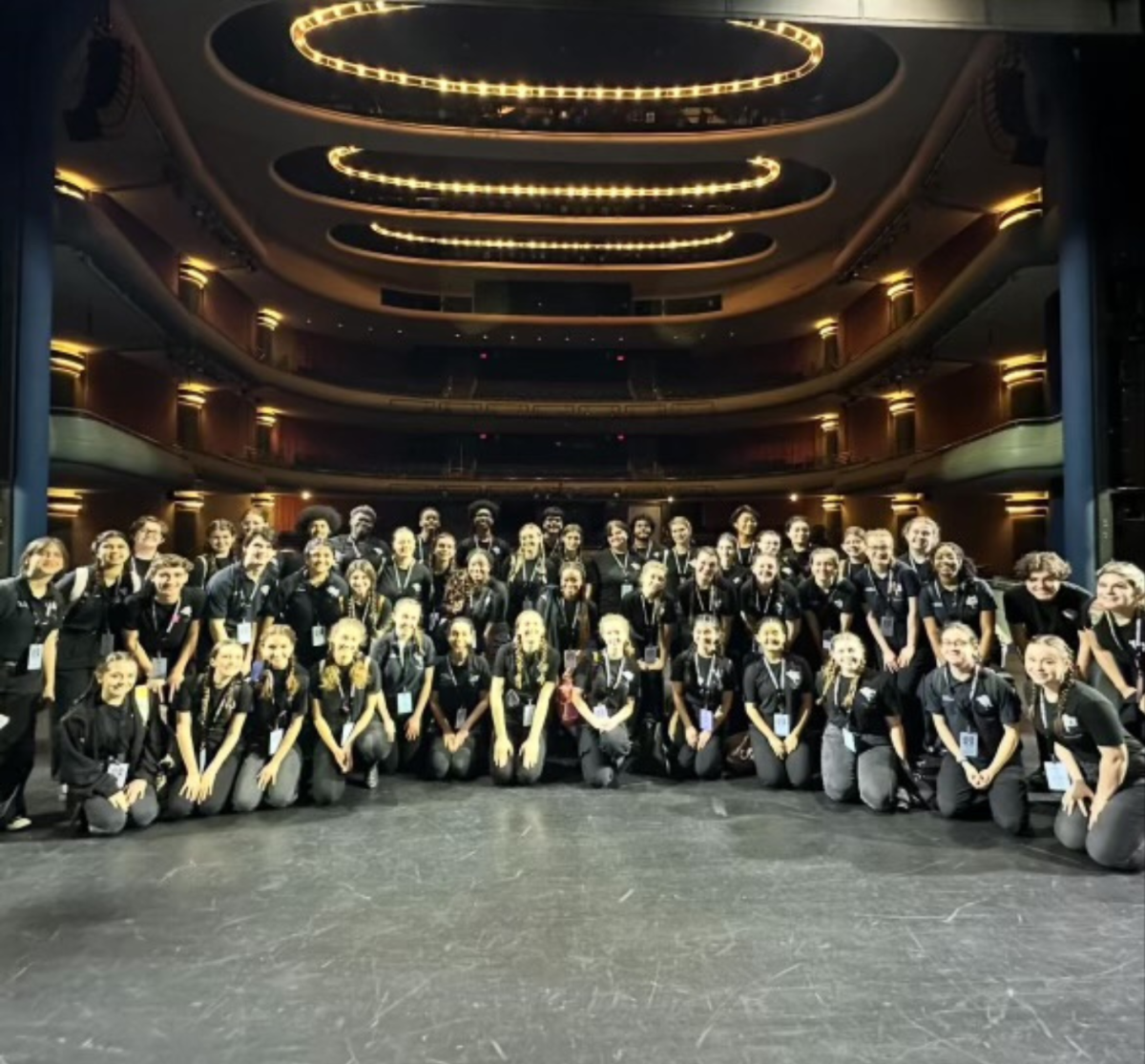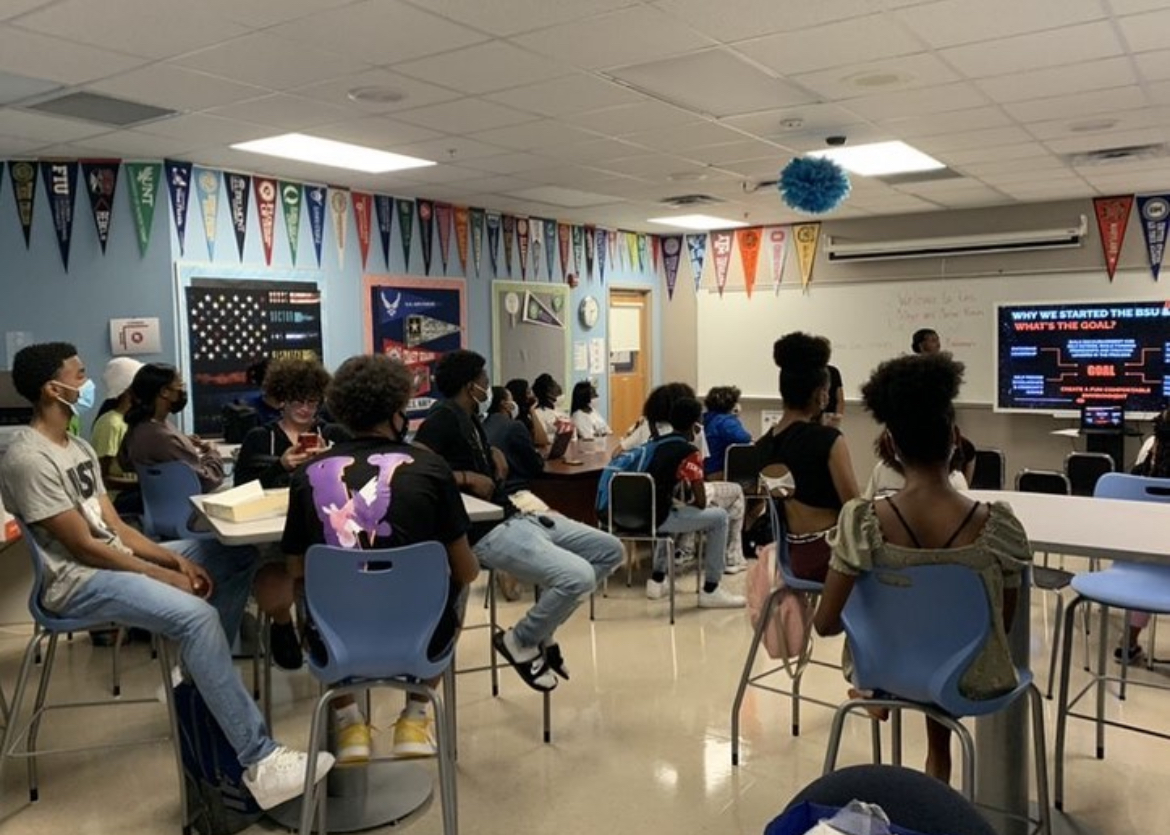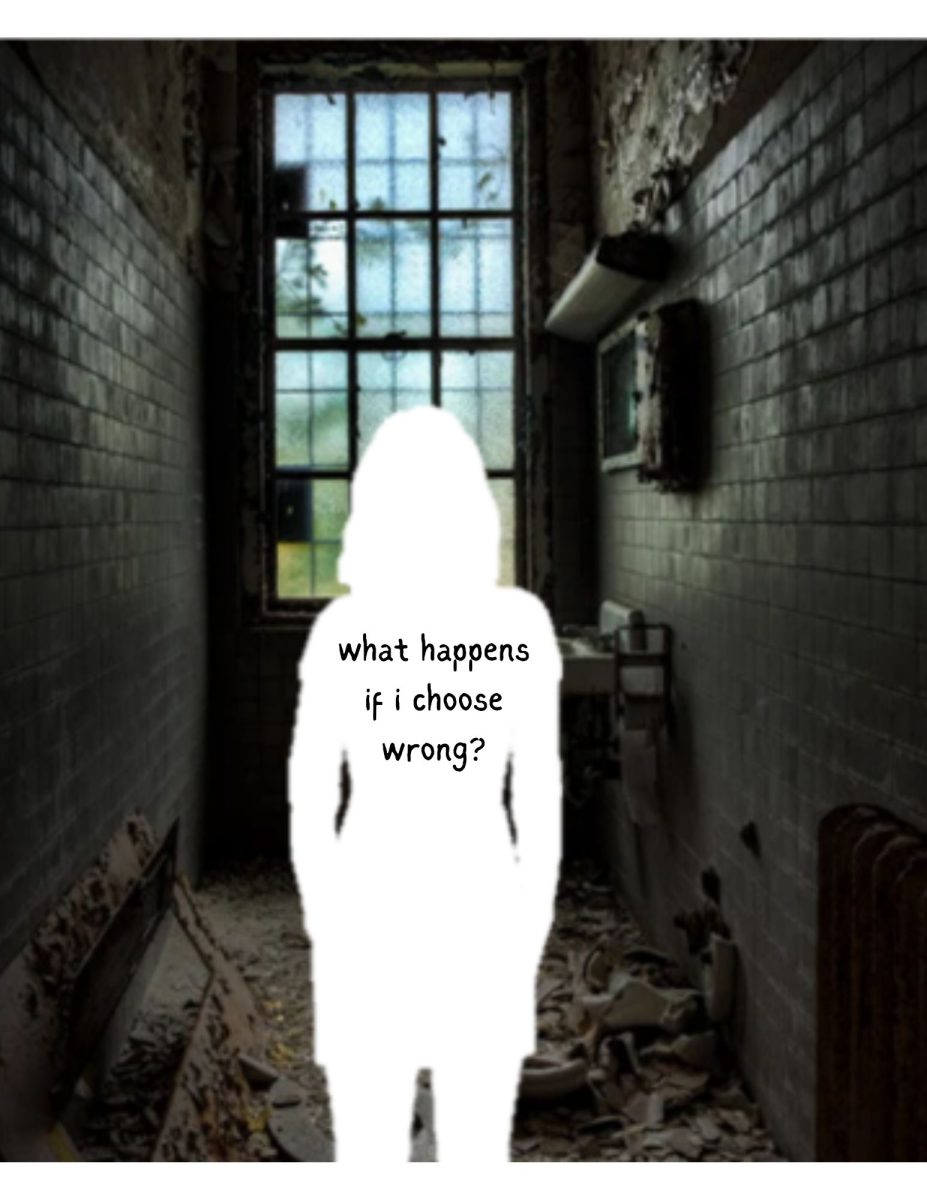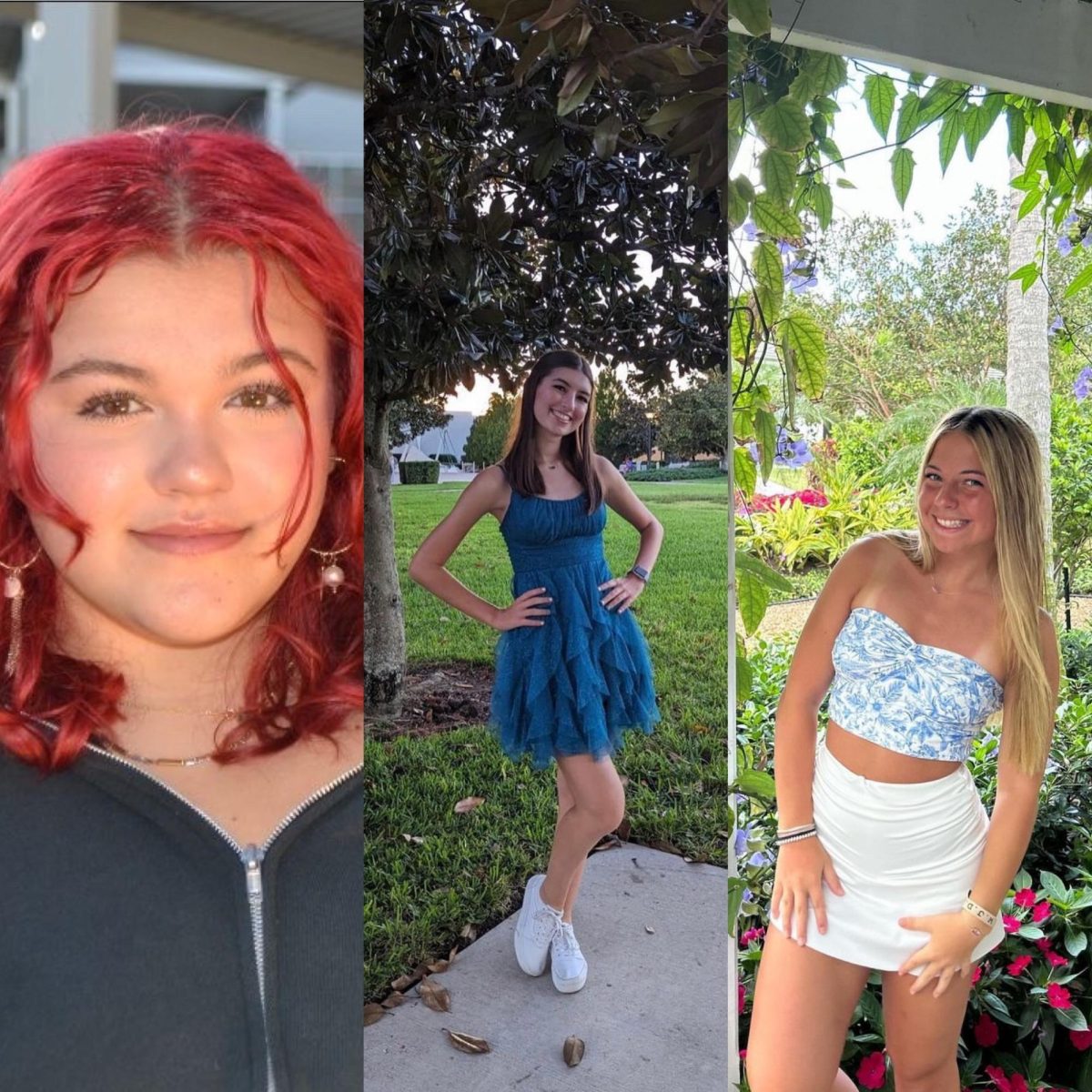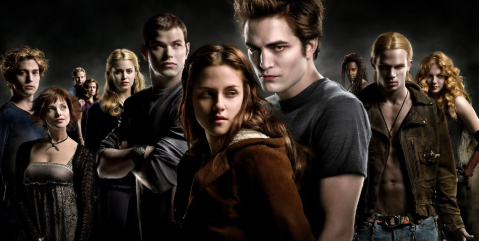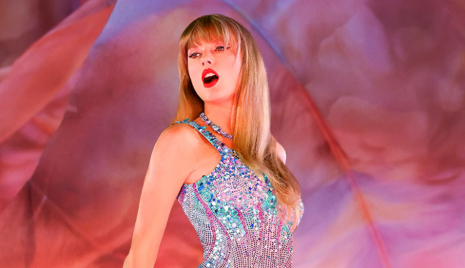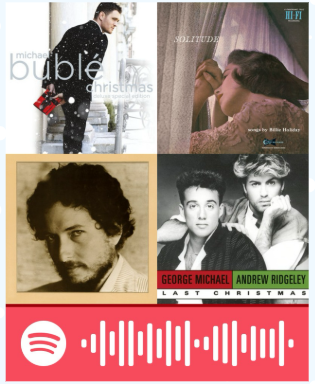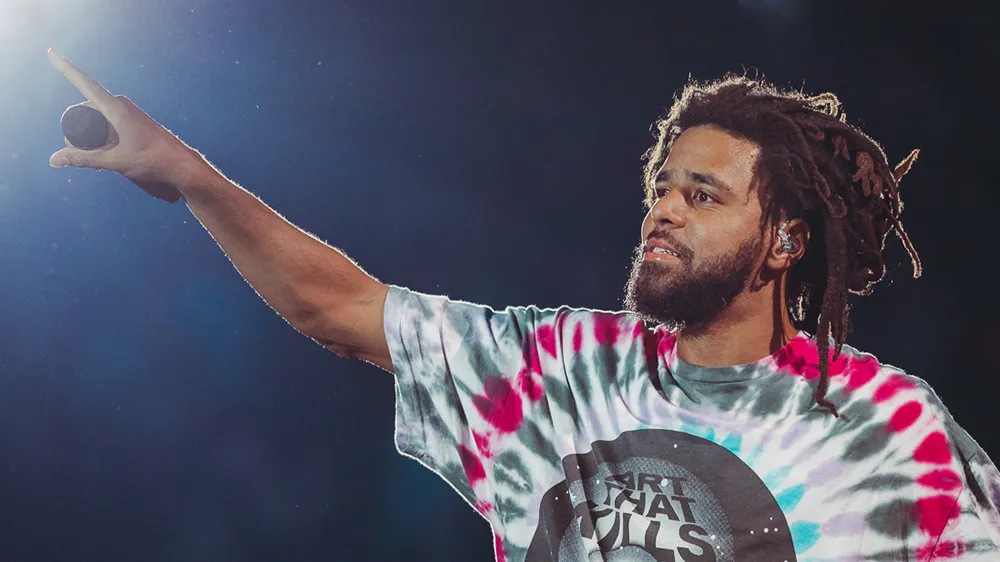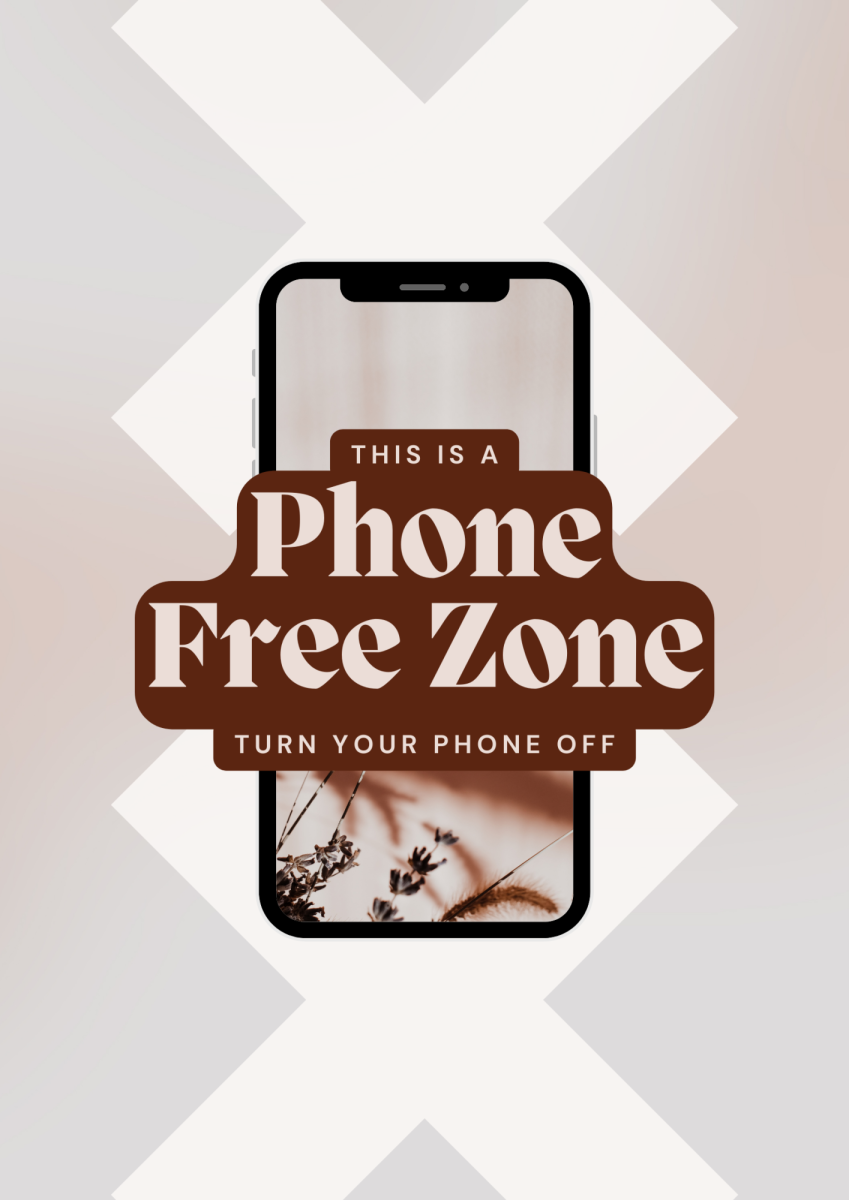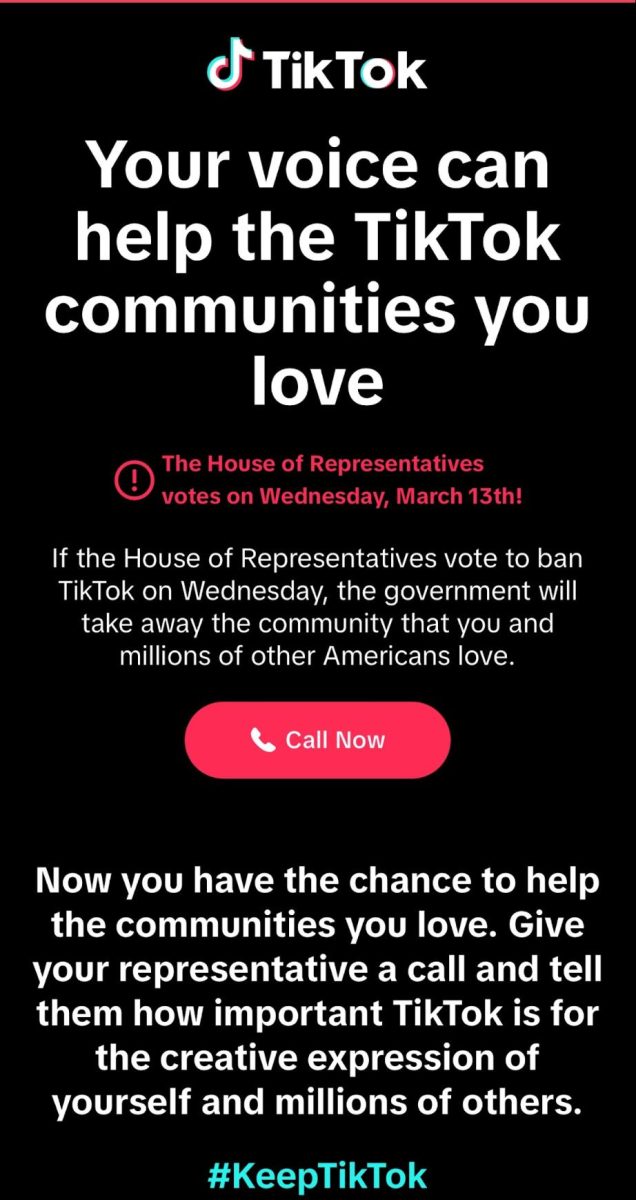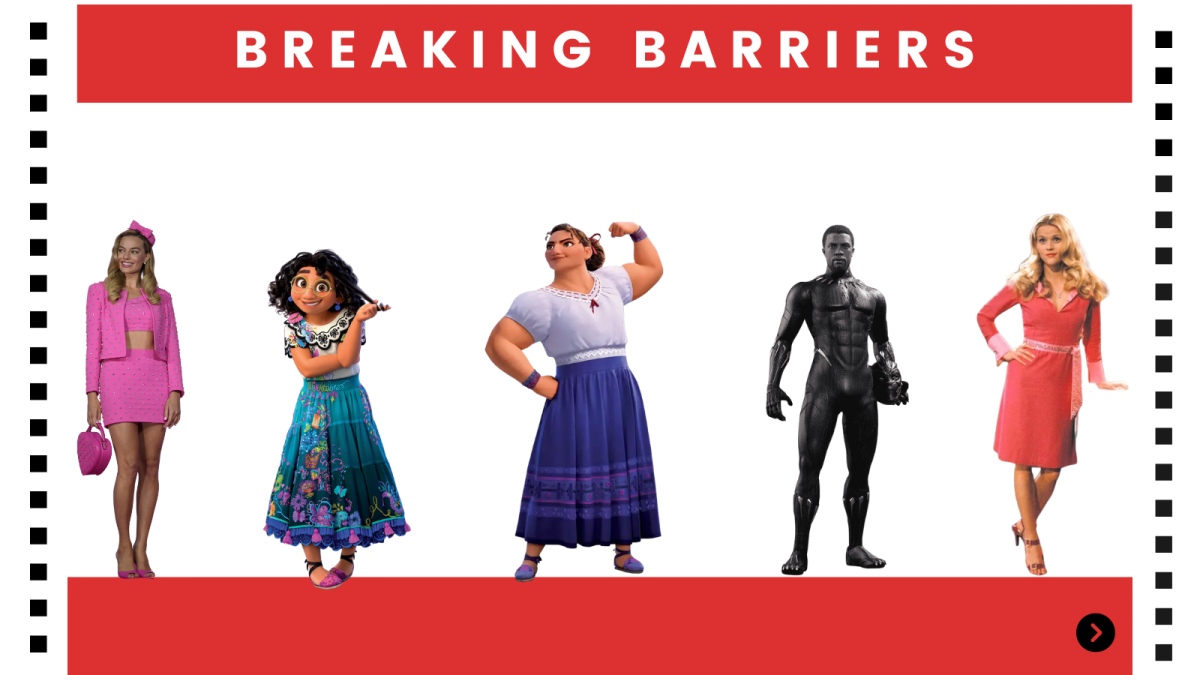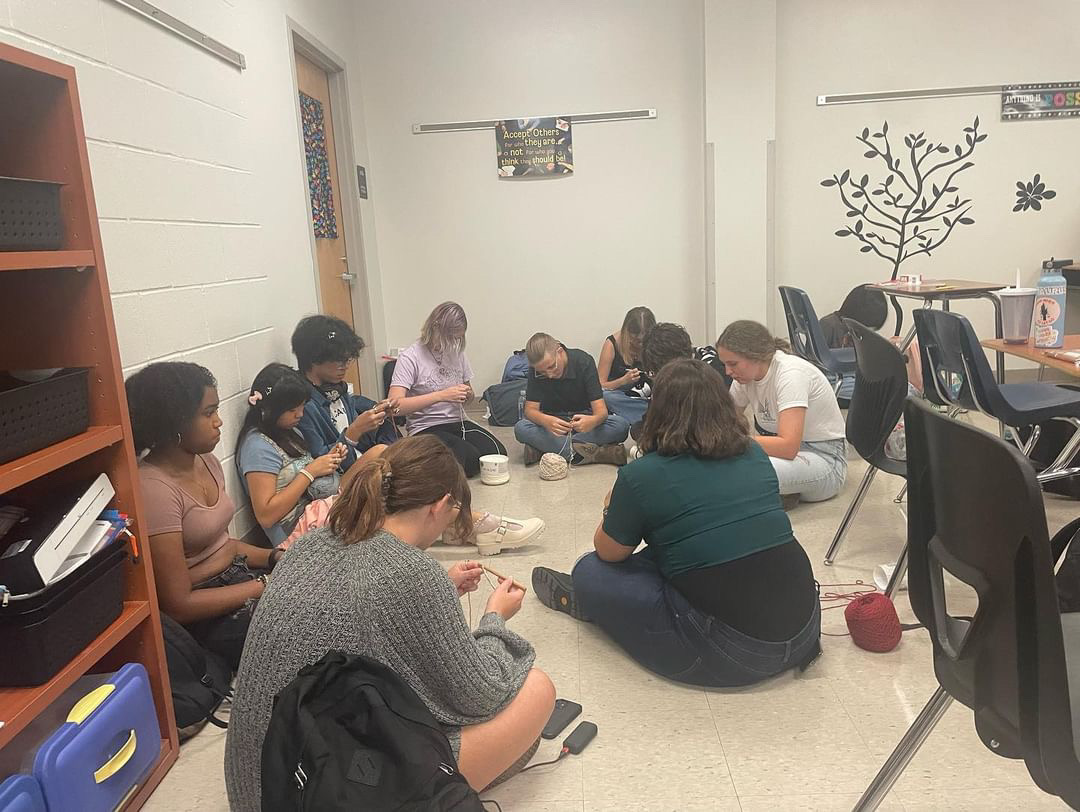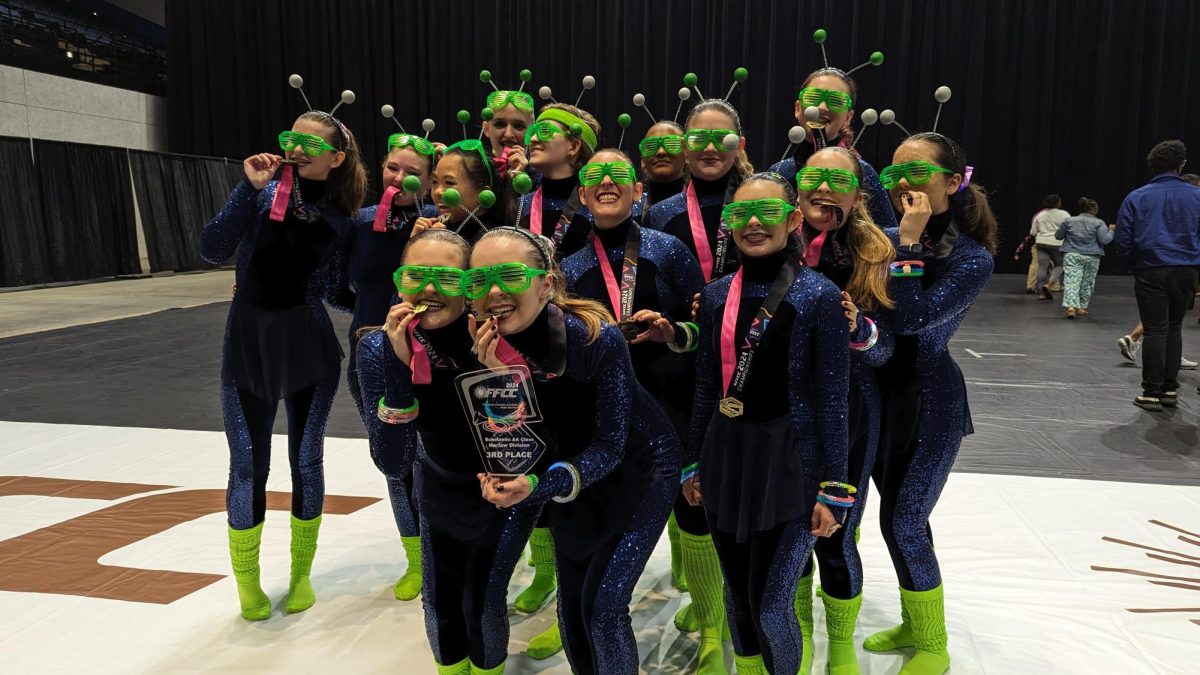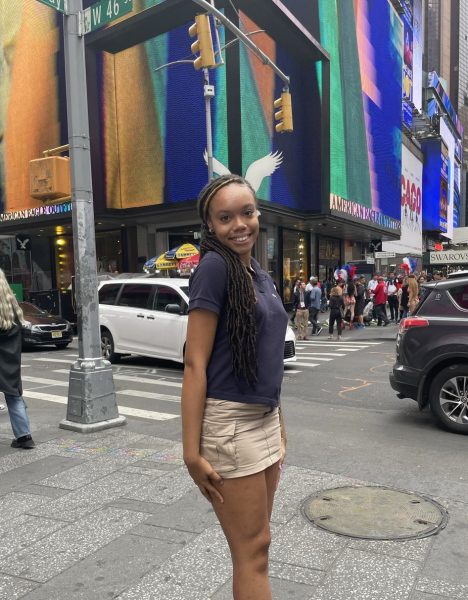Black teenagers all across the United States experience discrimination and microaggressions on a day-to-day basis according to They Were Just Making Jokes by the National Institute of Medicine. Whether it be racial teasing or opinions of Black students not being valued the same as their classmates, this remains an active issue. However, Black Student Unions (BSU) create a safe space for Black students to connect, educate and promote leadership therefore every institution needs to establish a Black Student Union on campus if there isn’t one already.
“BSU has helped me develop connections with those around me who have similar experiences and stories,” Gelissa Georges, 11 said. “It’s allowed me to show my creativity and learn more about the complexities of Black History.”
The first Black Student Union was founded in 1966 at San Francisco State University and was soon established by other universities all over the country which created unity within black communities according to The History of the Black Student Union by Best Colleges. Their development stemmed from the Black Campus Movement that took place from 1965 to 1972 where the goal was to diversify higher education with progressive Black universities, Black studies, and in some cases new ideas. Making it their mission to unify Black people through culture, politics and sociality.
According to Statista, from 2013 to 2023, approximately 282 Black Americans’ lives were taken due to police brutality, showing that there has never been a more important time than now for every campus to have a Black Student Union. BSU gives a voice to Black students in order to combat systemic racism and inequalities, along with giving students of other races a chance to uplift Black voices and in turn be anti-racist.
It isn’t enough to simply say “I am not a racist,” but to put actions behind those words and stand up for what’s right by listening to Black voices, calling out hate speech and teaching children kindness.
If Black students are not given the platform to voice their concerns, no change will be made to work towards equal opportunities or diversification of curriculum just beyond the bare minimum of speaking about Rosa Parks, Martin Luther King Jr. and Harriet Tubman each time Black History Month rolls around.
“In the club we’ve been able to cover subjects like Black history, culture appropriation and Black culture,” Co-President of BSU Olivia Rodgers, 11 said. “BSU has become a safe space for students to ask questions and share their opinions and I have learned a lot from listening to the different perspectives of my fellow members.”
BSU serves as a platform for promoting cultural awareness and pride among Black students and broadening the community within the school. This is done by holding cultural events, celebrations, and discussions on Black history, culture, and experience.
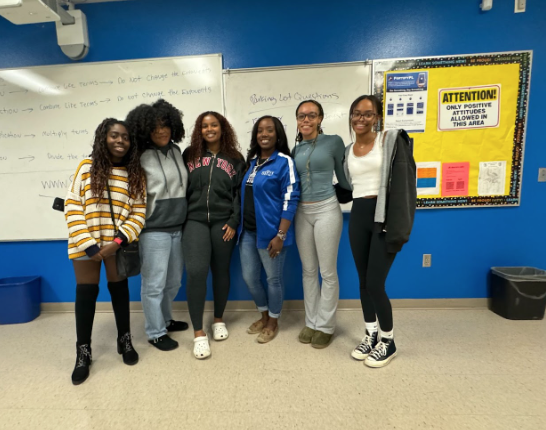
One way West Orange’s BSU has accomplished this is by planning a spirit week to celebrate Black history with days such as Pan-African Flag Day or ‘I Have a Dream’ day. Events like this invite students of all races to look at the influence that Black culture has on society through unity. The Spirit Week provided a fun, yet educational platform for students to educate themselves about the significant achievements of Black individuals throughout history and encourage students of other races to foster cultural appreciation.
Black representation is critical. Having just one seat at the table sparks an entirely new network of opportunities for others who look just like them. Representation empowers Black individuals by validating identities, experiences and cultural heritage. Seeing oneself reflected positively in a position of influence or leadership can create a sense of self-worth among Black youth according to NIH.
“When I see successful Black girls on social media I feel like they’re reclaiming what’s been taken away from us for so long,” Jordan Benjamin, 11, member of BSU said. “Black people have been misrepresented and misunderstood for years and I feel like the prevalence of Black girls on social media has helped me feel heard.”
BSU hosted founder Lashea Reaves from 8 Cents in a Jar to speak about financial literacy and economic mobility. Reave’s story consisted of tragedies from death to teen pregnancy, but prevailing and showed that despite all odds, where there is a will there’s a way. As she spoke many saw the light at the end of the tunnel, having been shown what economic disparities waited for many Black adults beyond childhood. Reaves reminded BSU members that if that’s not what was wanted, Black Americans have to fight just as hard, if not harder than everybody else for what they want.
A certain dialogue that plenty of students hadn’t yet received because of the low expectations being held for Black students. Many people promote the idea that Black people can only “make it out” through outlets like sports or music because these are the only fields that are readily acceptable according to Janice Ellis, author and speaker.
BSU’s give members that platform to connect, improve and advocate for equal opportunities and provide an educational experience and inclusive environment for all students who have indispensable entities within educational institutions. As schools across the U.S. continue to strive for a more just and equitable society, the importance of Black Student Unions in the next generation of leaders and scholars cannot be overstated; this is why it’s necessary for all institutions to implement Black Student Unions.



